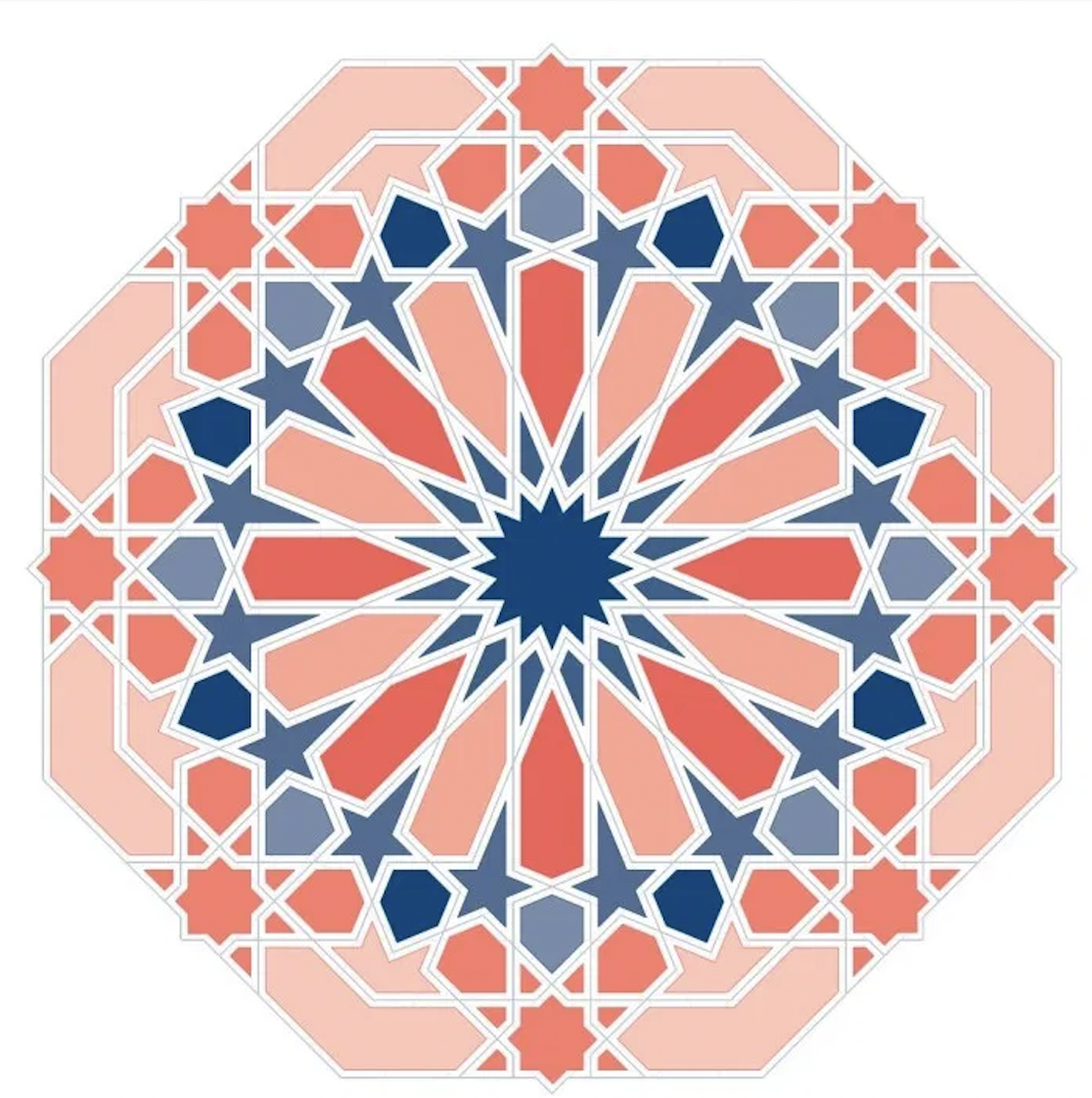Muhammad Iqbal: ‘Muslim Community Anthem’
Muhammad Iqbal (1877-1938), Urdu-Persian poet and philosopher believed in the concept of pan-Islamism. He believed that nationalism was a divisive force, and that Muslims were one people.
This sentiment is ringing true all over the world in the last few days, where Muslims (and non-Muslims) from all ends of the globe are uniting in their condemnation for Israeli forces attack on worshippers at the third holiest site in Islam, Al-Aqsa, and the forced removal of Palestinians from their home in Sheikh Jarrah, Palestine.
Whilst feeling utterly helpless, I find comfort in this unity and the shaking off of the shackles of divisive nationalism. It is just like the Prophet Muhammad’s saying that Muslims are one body, and when one part aches, the whole body feels it.
Iqbal’s Urdu poem, "Tarana-e-Milli" or “Muslim Community Anthem” is a beautiful expression of this deep connection of the Muslim community.
Muslim Community Anthem:
“China, Arabia, India are our home
We are Muslims and our home is the whole world,
The treasure of Tawhid (God’s unity) is in our hearts,
It is not easy to erase our name and mark,
The first house we have liberated from idols is the kabah,
We are its guardians, and It is our protector,
We grew up in the shadow of swords,
Our mascot is the scimitar of the crescent moon,
Our prayer calls are heard in the valleys of the West,
The force of our flow could not be stopped by anyone,
Oh heavens! we will not be conquered by lies,
Have you tried our steadfasteness hundred times!
Oh garden of Andalusia! do you remember those days,
When our abode was the nest on the branches?
Oh, the waves of Tigris! surely, you recognize us,
Your river tells its story, even to this day,
About the pure land of Mecca! we have bled and died for your honor,
Our blood flows in your veins until now,
The leader of our caravan, is the Prince of Hijaz, Muhammad,
It his name that keeps our heart in comfort and peace,
Iqbal’s song is a call,
For the caravan to rise and continue the journey again.”


